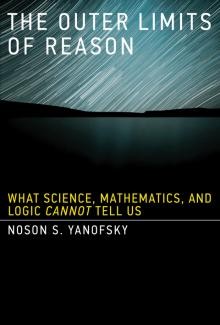None
4 stars
As the book stated many times, it meant to give the reader an intuition of the various concepts, theories and problems it touches. I found it very interesting: maybe a bit repetitive, sometimes too focused on the logical approach and some other times too narrow in its approach; but it nevertheless introduced a lot of hard ideas concerning physics, mathematics and (mostly) logic.
It's not a university book, neither a stroll in the park, yet it forces the reader to think and to question the reality of things as one can see them.


